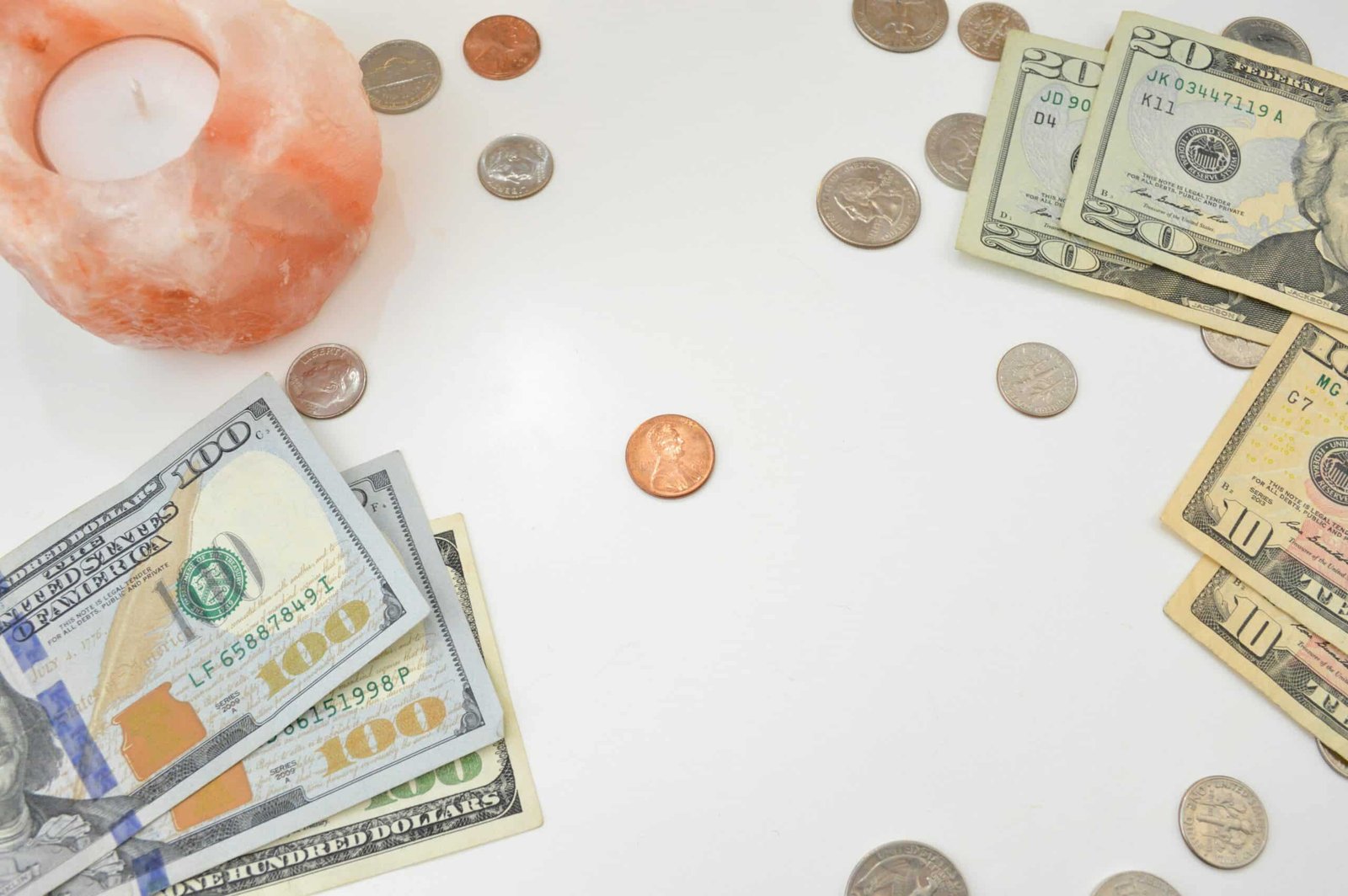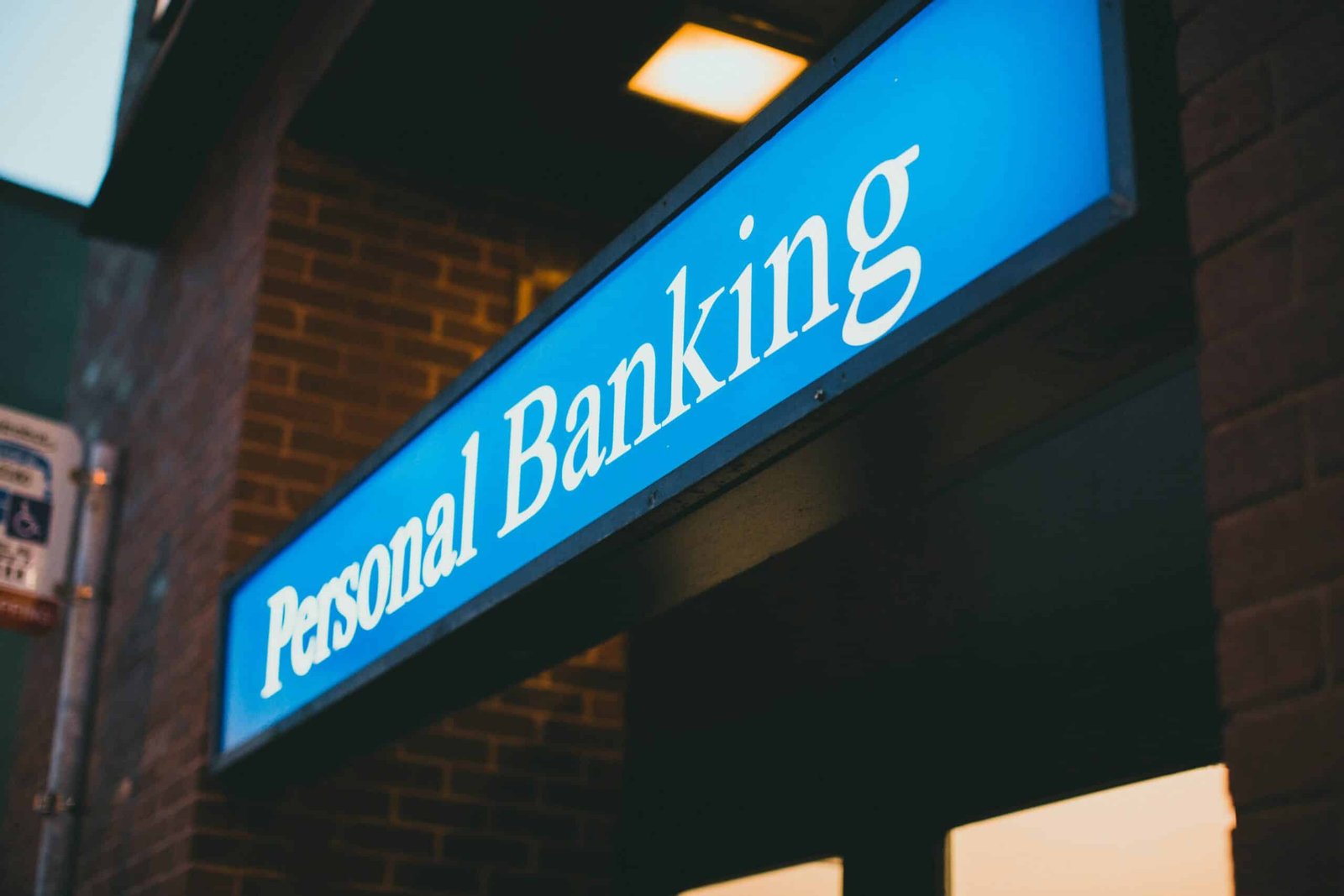As you are growing up, have your parents gave you a piggy bank and teach you how to save money? Square away your allowance in a piggy bank on something your want to get. There are also multiple board games that you may play with your family and it’s all about how to save money. Well, in today’s rapidly evolving financial landscape, the age-old question lingers: Is it still worth to have a Savings Account?
With all these investment opportunities out there, like cryptocurrency, stocks, and rising inflation making headlines, many are left wondering if the traditional savings account has lost its purpose.
However, despite all the buss around our modern financial options, savings accounts still have their place in personal finance. In this blog post, we will talk about why saving account still relevant, what to consider, and which type of savings account might suit you best in today’s society.
Disclosure: This post may contain affiliate links and I may receive a small commission if you purchase through them. There is no additional charge to you. Please refer to our disclaimer and disclosure for further information.
Why People Are Questioning Savings Accounts

Before answering if savings accounts are worth it, it’s important to understand why this question is even up for debate. Well, there are a lot of changes in the financial world over the past few decades. There are a lot more options out there than just a savings account available. Before people will have money in the savings account to grow money with interest rates offer by the bank, but now the interest rate seem to be stagnant.
1. Low Interest Rates
One of the primary reasons people are questioning savings accounts is the historically low interest rates. For years, savings accounts were seen as a safe way to grow your money with minimal effort, offering interest rates that kept pace with inflation and allowed balances to increase over time. However, in the current financial climate, those interest rates have dropped to nearly nothing, which some accounts offering returns as low as 0.01% annually.
This makes it difficult to justify keeping a large amount of money in a savings accounts when the returns barely make a dent in overall wealth accumulation. This led many to look into alternatives like stock investments, real estate, or even riskier ventures like cryptocurrency, which offer a potential for higher returns.
2. Inflation Outpacing Returns
Another major concern tied to low interest rates is that they don’t keep up with inflation. As inflation rises, the purchasing power of money in a savings account decreases, meaning that while your balance might stay the same, it’s worth less in real-world terms. For example, if inflation is running at 4% but your savings account only offers a 0.5% return, you’re essentially losing 3.5% of purchasing power each year. This gap between inflation and the interest paid on savings makes people feel like they are losing money by letting it sit idle in a bank account, leading many to explore other financial options.
3. The Appeal of Investments

Many people are turning away from savings accounts and gravitating towards more appealing investments like stocks, real estate, and other riskier assets because of the potential for higher returns. Savings accounts, with their low interest rates, offer minimal growth, which seems to be weak in comparison to the gains people see in the stock market or through property investments.
With stock portfolios offering average annual returns of around 7-10% over time, the potential people see out of stock investment is far more tempting than traditional savings accounts.
Also, the track record of real estate tend to have appreciating in value and generating passive income, making it an attractive option for those looking to grow their money in a more aggressive approach.
Additionally, the rise of new investment opportunities, such as cryptocurrencies and peer-to-peer lending, has caught the attention of people who want to capitalize on higher risk for potentially larger rewards. While these types of investments come with a significant chance of loss, they also offer the excitement of higher returns, something that a stable but slow-growing savings account cannot match.
For many, the opportunity to take calculated risks in these markets is worth the potential volatility, especially when traditional banking products no longer provide the same sense of financial growth or security they once did.
The Advantages of Having a Savings Account

While it’s easy to be swayed by the apparent drawbacks, there are still significant benefits to hold onto a savings account. They serve a unique purpose in financial planning and offer safety and accessibility that many other financial products simply can’t match. Let’s dive into understand how important savings accounts still in today’s financial landscape.
Let’s dive in to understand how important savings accounts to us in today’s financial landscape. Savings Accounts are primarily designed for us (individuals) to safely store our funds while also providing a liquid means to access money when necessary. It’s to provide a safe place for us to store money in lieu of keeping everything we have in our house.
In the modern society, savings accounts are generally insured by the government, making them a secure choice for anyone looking to protect their savings from potential losses, unlike many other investment options that can be subject to market fluctuations.
One of the key advantages of savings accounts is their ability to offer a reliable return on deposited funds. While interest rates may be lower compared to other investment avenues, the returns from savings accounts tend to be stable. This stability can provide individuals with peace of mind, particularly during times of economic uncertainty. Knowing that capital is safely tucked away can serve not only as a financial buffer but also as a psychological safety net, allowing individuals to feel more secure in their financial decisions.
Furthermore, the advent of technology has revolutionized the way we manage our savings. Online banking platforms have made it easier than ever to open and maintain a savings account. Individuals can monitor their accounts in real-time, transfer funds seamlessly, and even set automated savings goals. This convenience can lead to improved savings habits, as individuals are more likely to build their savings due to the ease of access and management options available through digital platforms.
As we navigate an increasingly complex financial environment, the importance of savings accounts cannot be overstated. They serve as a foundational element of sound financial planning, equipping individuals with the necessary tools to manage their finances effectively while providing security and accessibility.
The Advantages of Having a Savings Account
1. Liquidity and Accessibility
The most compelling reason to keep a savings account is liquidity. Saving accounts are primarily designed for us (individuals) to safely store our funds while also providing a liquid means to access money when necessary. It’s to provide a safe place for us to store money in lieu of keeping everything we have in our house. Having a savings account gives you easy access to your funds in case of emergencies. Unlike investments in stocks or real estate, where accessing your money could take time and may involve fees, savings accounts allow for immediate withdrawals.
For many, knowing that they can quickly grab money in an emergency—whether it’s for an unexpected car repair, a medical bill, or an urgent need—brings peace of mind.
2. Safety and Security
Savings accounts provide an essential layer of safety and security, largely due to government-backed insurance programs like the Federal Deposit Insurance Corporation (FDIC) in the U.S. and similar institutions in other countries. The FDIC insures savings deposits up to $250,000 per account holder per bank, ensuring that even if a bank fails, your money is protected.
This level of government assurance offers peace of mind that is hard to find in riskier investments like stocks or cryptocurrencies, where market volatility could lead to significant losses. For people who prioritize the preservation of their capital, savings accounts remain a reliable option.
This government-backed security makes savings accounts particularly appealing for those who want to avoid any risk of losing their principal. In times of economic uncertainty, when the stock market may fluctuate dramatically, the security provided by insured savings accounts becomes even more attractive.
No matter how volatile the financial markets get, knowing that your deposits are fully protected will give a sense of financial stability that many find invaluable, especially when compared to other financial products that don’t carry the same guarantees.
3. No Risk of Loss

One of the key advantages of having a savings account is that it typically comes with no risk of loss. Unlike investments in the stock market, where your balance can fluctuate daily depending on market conditions, the money you deposit into a savings account remains secure and stable. Your principal amount will not decrease, even in the face of economic downturns or market crashes. This stability is what makes savings accounts particularly appealing for those who prioritize safety and preservation of their money over high-risk, high-reward ventures.
Additionally, savings accounts are not subject to the same volatility as riskier financial products, meaning you don’t have to worry about losing money overnight. Whether inflation rises or the economy experiences a slump, the balance in your savings account remains intact, offering a reliable cushion for short-term needs or emergencies.
This makes savings accounts an excellent option for those who are risk-averse or for those simply looking to store money in a safe and predictable environment. Sure, the returns may be minimal, but sometimes, preserving what you have is more important than seeking high returns.
4. Building Good Financial Habits
Savings accounts are excellent tools for building and maintaining good financial habits. By having a designated place to set aside money, you can easily separate your savings from your everyday spending, which helps curb the temptation to dip into funds meant for future goals. Regularly contributing to a savings account, even in small amounts, encourages a disciplined approach to money management.
Over time, these small, consistent deposits add up, creating a growing financial cushion that can be used for emergencies, major purchases, or long-term objectives.
Additionally, many people find that setting up automatic transfers from their checking to their savings accounts helps them stick to their savings goals without even thinking about it. This automation makes saving easier and more consistent, turning it into a habit that happens behind the scenes.
By doing this, you can steadily build your emergency fund or save for a specific goal without feeling the strain on your day-to-day finances. A savings account not only provides a safe space for your money but also reinforces the habit of saving, making it a foundational tool for long-term financial well-being.
What Types of Savings Accounts to Consider?
Now that we’ve established that savings accounts can still play an important role in financial planning, the next step is deciding which type of account makes the most sense in today’s financial environment.
1. Traditional Savings Accounts
The tried-and-true traditional savings account is offered by almost every bank and credit union. While the interest rates on these accounts tend to be the lowest, their simplicity and ease of use make them ideal for people who want a no-frills way to keep their money safe.
However, if you’re going with a traditional savings account, it’s essential to shop around. Some brick-and-mortar banks offer better rates than others, and credit unions, in particular, often provide slightly higher rates and fewer fees.
2. High-Yield Savings Account
High-yield savings accounts (HYSAs) have become a popular alternative to traditional savings accounts. They offer higher interest rates (sometimes up to 10 times more) but often have stricter rules for access and minimum balance requirements.
These accounts are typically found at online banks, which have lower overhead costs and can afford to offer better returns to their customers. If you don’t need instant access to your money but still want it to be liquid and safe, a high-yield savings account can be an excellent option.
3. Certificates of Deposit (CDs)
A Certificate of Deposit, or CD, is a type of savings account that locks your money away for a set period—usually anywhere from a few months to several years—in exchange for a higher interest rate. The longer you commit to keeping your money in the CD, the higher your return will be.
CDs are a good option if you have a chunk of money you don’t need immediate access to and want a guaranteed return. The downside is that your money is locked in, and withdrawing it early typically incurs penalties.
4. Money Market Accounts
Money market accounts combine features of both savings and checking accounts. They typically offer higher interest rates than traditional savings accounts but come with the flexibility of check-writing and debit card access.
These accounts usually require a higher minimum balance to open and maintain, but they’re an attractive option for people looking to earn a bit more interest without sacrificing liquidity.
5. Specialty Savings Accounts (Kids, Health, Retirement)
In today’s financial world, you can also find savings accounts designed for specific purposes, such as kids’ savings accounts, health savings accounts (HSAs), and retirement savings accounts (IRAs). These accounts often offer tax benefits and are aimed at long-term saving goals.
For instance, an HSA allows you to save for medical expenses tax-free, while IRAs give you a tax-advantaged way to save for retirement. If you have a specific financial goal, these accounts can be worth considering.
Tips for Maximizing the Value of Your Savings Account
If you decide that a savings account still holds value for you, here are some strategies to ensure you’re getting the most out of it:
1. Shop Around for the Best Rates
Interest rates on savings accounts can vary greatly depending on where you bank. Online banks and credit unions typically offer better rates than traditional brick-and-mortar institutions, so it’s worth taking the time to compare.
2. Use Automation
To ensure you’re consistently saving, consider setting up automatic transfers from your checking to your savings account. This way, you don’t even have to think about it—your savings will grow steadily.
3. Watch Out for Fees
Some savings accounts come with maintenance fees, minimum balance requirements, or transaction limits. Be sure to read the fine print and choose an account that aligns with your needs and minimizes costs.
4. Stay Informed About Inflation
Since inflation can erode the value of your savings over time, be mindful of its impact. If inflation is high, consider diversifying your financial strategy to include other investments like stocks, real estate, or bonds to balance out the effects.
The Bottom Line: Should You Still Have a Savings Account?
In the end, the question isn’t whether savings accounts are still worth having—it’s about understanding their role in your overall financial plan. Savings accounts provide safety, liquidity, and peace of mind, making them an essential component of any balanced financial strategy.
However, it’s important to pair your savings account with other financial tools to combat inflation and ensure long-term growth. High-yield savings accounts, CDs, or even money market accounts offer ways to make your money work a little harder while keeping it accessible.
To fully leverage the advantages of a savings account, implementing strategic practices is essential. One fundamental approach is to establish clear savings goals. Setting specific, measurable, attainable, relevant, and time-bound (SMART) goals provides a roadmap for your savings journey and helps maintain motivation. Whether it’s saving for an emergency fund, a vacation, or a major purchase, having defined objectives can guide the amount you contribute and the timeline for achieving your targets.
Ultimately, a savings account can still play a vital role in your financial health, especially when used wisely. It’s about balance—keeping some money liquid and safe while exploring other avenues for growth.








